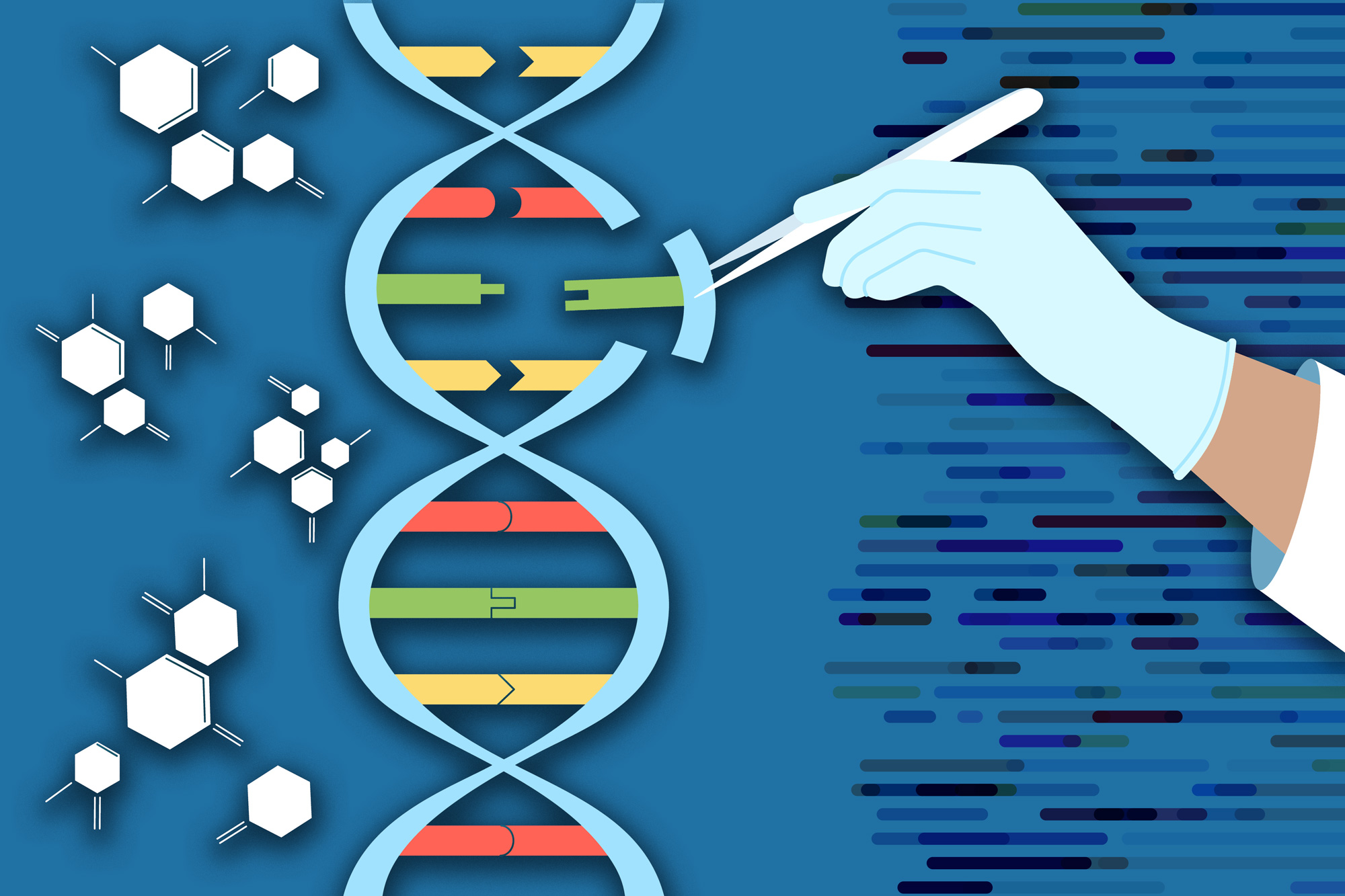Researchers at City University of Hong Kong (CityUHK) are pioneering a revolutionary approach to treating genetic diseases that could transform how we address complex medical conditions. Led by Professor Zheng Zongli, the team is developing what they call “DNA surgery” – an innovative genome editing technique designed to permanently correct genetic errors at their source.
Traditional gene therapies often require repeated treatments, but this groundbreaking method offers a potential “one-and-done” solution. By leveraging advanced CRISPR genome editing technology and patented high-fidelity nucleases, the researchers can make precise, durable corrections directly to a patient’s DNA. The team has also engineered specialized lipid nanoparticles to ensure these editing tools are delivered accurately to targeted cells.
The project focuses on developing two specific therapeutic medicines: PL-100 for a rare liver disease and PL-200 for cardiovascular conditions. These drug candidates represent a significant leap forward in personalized medicine, where treatments are tailored to an individual’s unique genetic makeup. Preliminary pre-clinical studies conducted on non-human primates have already shown promising results, demonstrating high precision and effectiveness even at lower dosages.
Professor Zheng describes genome editing as “the next frontier in medicine,” emphasizing that this approach goes beyond merely managing diseases. Instead, it aims to cure genetic conditions by directly addressing their root causes. The technology could potentially reduce long-term treatment dependencies, lower healthcare costs, and dramatically improve patients’ quality of life.

The research has received crucial support from the Hong Kong SAR Government’s RAISe+ Scheme, which has funded the three-year project. This government backing highlights the importance of institutional support in driving medical innovation. By providing financial resources, the scheme has enabled the team to progress from initial conceptual stages to the brink of clinical trials.
What makes this approach particularly exciting is its potential to address significant global health challenges. Liver and cardiovascular diseases represent substantial medical burdens worldwide, and a treatment that can correct underlying genetic issues could be transformative. The precision of the “DNA surgery” technique allows for targeted interventions that were previously impossible.

The technology works by making extremely precise edits to genetic material. Using CRISPR-based techniques combined with specialized delivery mechanisms, researchers can identify and correct specific genetic errors. This is fundamentally different from previous approaches that might have managed symptoms or required ongoing treatments.
As the project moves forward, the upcoming clinical trials for PL-100 and PL-200 will be critical in determining the viability of this approach. Early results are encouraging, and the research positions Hong Kong as a potential global leader in genomic medicine. The work demonstrates the region’s growing expertise and commitment to cutting-edge medical research.
Professor Zheng and his team are not just developing a new treatment; they’re reimagining how we approach genetic diseases. By targeting the fundamental genetic causes, “DNA surgery” represents a paradigm shift in medical treatment. If successful, this approach could offer hope to patients with previously untreatable genetic conditions, marking a significant milestone in medical science.
The journey from research concept to potential medical breakthrough is complex and challenging. Yet, the CityUHK team’s innovative approach shows remarkable promise in transforming how we understand and treat genetic diseases, offering a glimpse into a future where genetic corrections could become a standard medical intervention.













